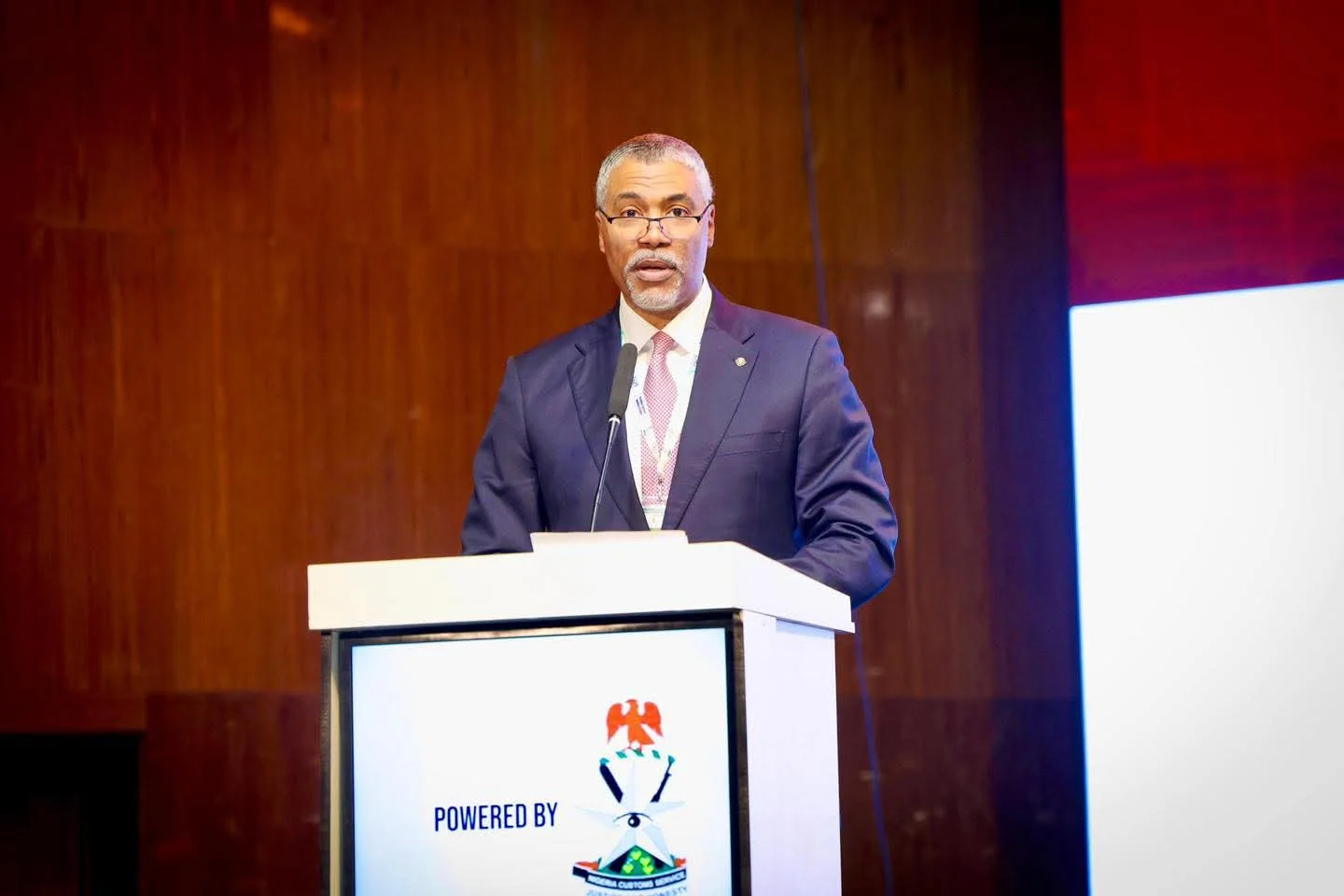By Martha Agas
The World Customs Organisation (WCO) has warned that African customs administrations face mounting challenges amid political pressures, rising consumer expectations, and increasingly complex global supply chains, calling for urgent modernisation and strategic trade management.
Speaking at the Customs–Partnership for African Cooperation in Trade (C-PACT) conference themed “Breaking Barriers, Building Bridges”, WCO Secretary General Ian Saunders highlighted Africa’s trade challenges.
He emphasised the importance of trade facilitation and regional integration as key drivers for the continent’s economic growth.
In his keynote titled “Global Customs Modernisation: The African Opportunity,” Saunders said Africa’s customs challenges are compounded by infrastructure gaps, limited border management capacity, and logistical difficulties across numerous landlocked and fragile countries.
“In Africa, inadequate infrastructure, complex transit procedures, multiple landlocked countries, and fragile borders make trade facilitation particularly challenging, demanding coordinated customs strategies, innovative approaches, and strong security measures to overcome operational obstacles,” Saunders explained.
In spite of those challenges, he noted customs administrations continued to operate effectively, demonstrating resilience, adaptability, and consistent efficiency in managing cross-border trade across the continent’s diverse and sometimes difficult environments.
Saunders stressed that customs modernisation was critical to the success of the African Continental Free Trade Area (AfCFTA), which relied on streamlined processes, coordinated enforcement, and advanced technology to enhance regional commerce.
“The realities of international trade and the ambitions of AfCFTA make modernising customs systems, processes, and governance essential to achieving smoother, faster, and more predictable cross-border transactions across Africa,” he said.
He added that modernisation required the right partnerships among stakeholders, processes, and technology, enabling customs administrations to facilitate trade efficiently while meeting regulatory, security, and economic goals.
According to Saunders, improved processes, digital platforms, and stronger collaborations lay the foundation for modernisation, supporting efficiency-driven operations, data-informed decision-making, coordinated enforcement, robust cybersecurity, and enhanced public-private sector cooperation.
“Maximising trade opportunities requires collaboration among customs authorities, trade policymakers, political leaders, and other government agencies responsible for border clearance and facilitation,” he said, underscoring the need for collective action.
He also highlighted the private sector’s role, noting that traders, service providers, and market actors supplied the goods, services, and options critical to meeting trade expectations and promoting regional economic growth.
Such collaboration, Saunders said, created a healthier trade ecosystem, leveraging shared information, expertise, and resources to make border management more comprehensive, effective, and coherent across Africa.
True customs modernisation, he explained, also required investment in digital infrastructure, basic data processing systems, and advanced technologies, including artificial intelligence, machine learning, and analytics, to enhance operational efficiency and informed decision-making.
“It involves building IT systems capable of capturing all border transaction data through integrated single-window systems, improving efficiency, transparency, and predictability for cross-border trade operations across multiple jurisdictions,” Saunders said.
Cybersecurity, he added, was critical to protect systems and ensured the integrity of trade data, which underpinned risk-based decision-making, compliance, and effective customs management.
Effective facilitation, Saunders said, depended on advanced measures such as pre-submission of information, risk assessment methodologies, post-clearance audits, advance rulings, and consistent origin-certification procedures to enable predictable, compliant trade.
“In Africa, efficient transit procedures, including the use of carnés, reduce delays, ensure predictable treatment for traders, and complement other procedural measures established by the WCO for customs guidance,” he added.
“The WCO has developed standards and guidance to support customs administrations, promoting predictability, timely decision-making, and applying scrutiny only where necessary to maintain efficiency and security.
“The value of these processes lies in predictability, timely decisions, and focusing scrutiny where warranted, ensuring efficient trade while maintaining compliance and border security,” Saunders emphasised.
He said that the C-PACT conference provided Africa with an opportunity to break down barriers, build bridges, and collectively advanced regional economic integration and stronger participation in global trade.
“I am confident that the discussions, strengthened partnerships, and insights gained here will generate momentum, bringing Africa closer to its trade aspirations and reinforcing its position in the global economy,” Saunders said. (NAN)(www.nannews.ng)
Edited by Abiemwense Moru











